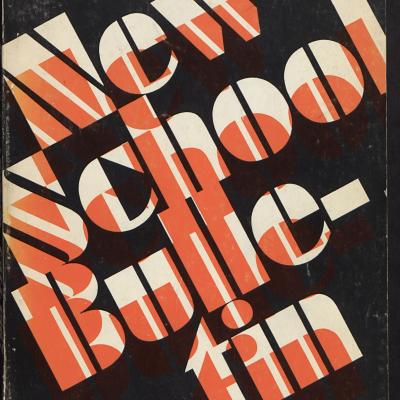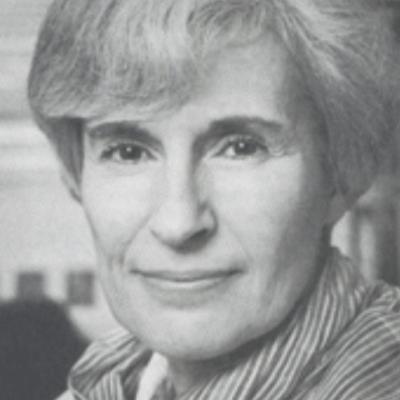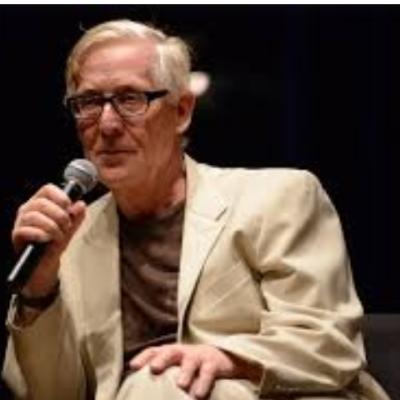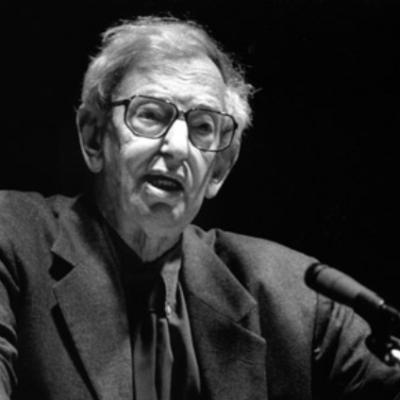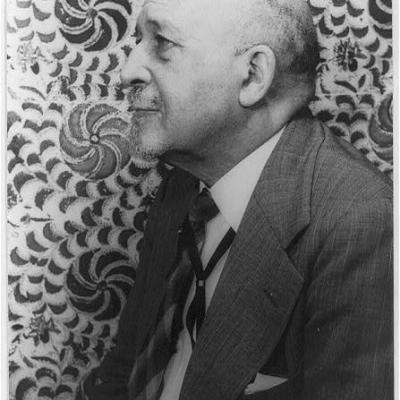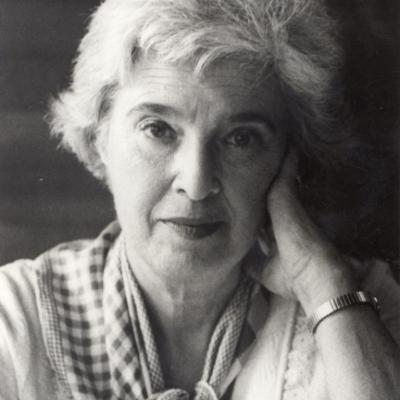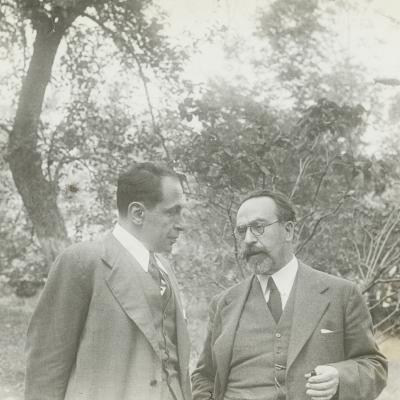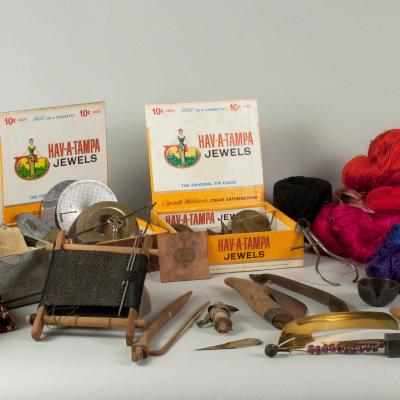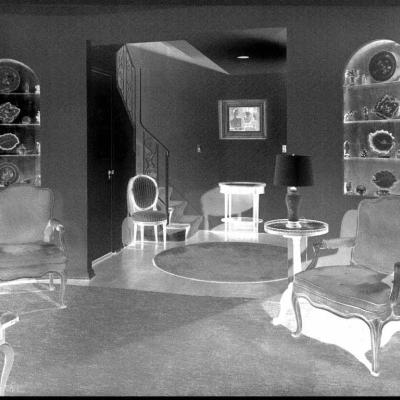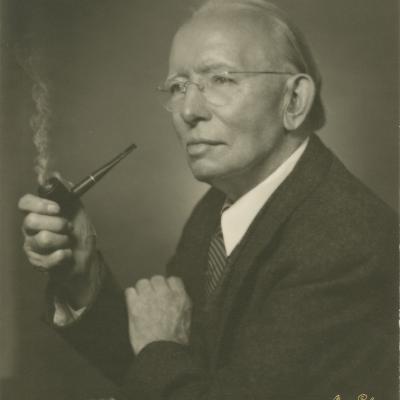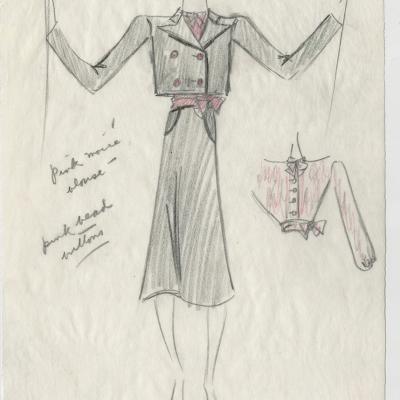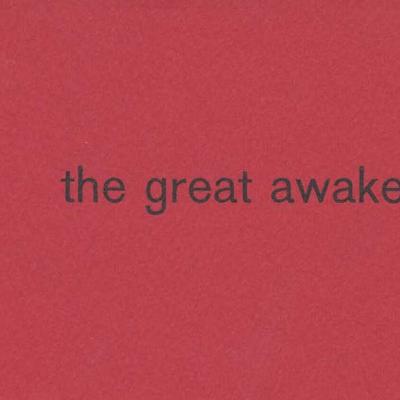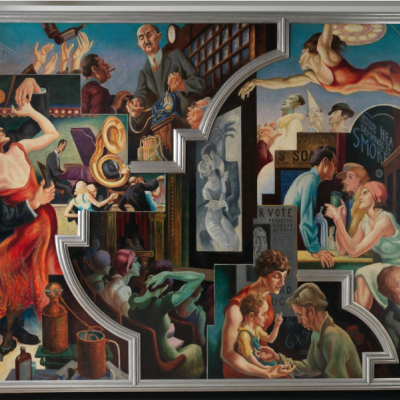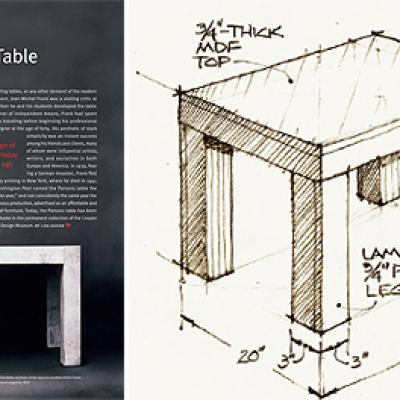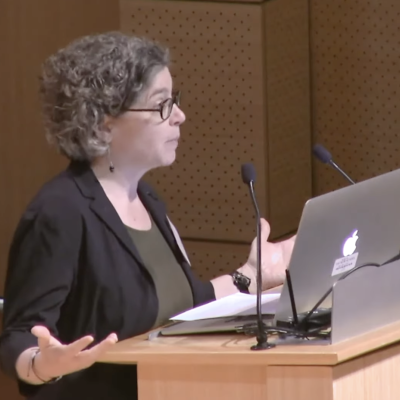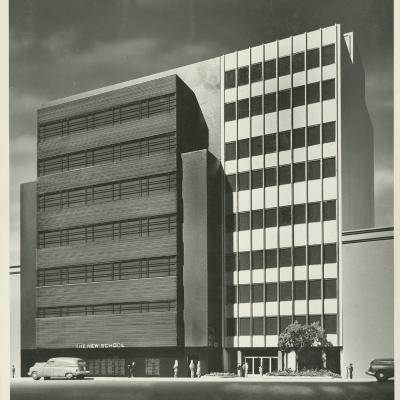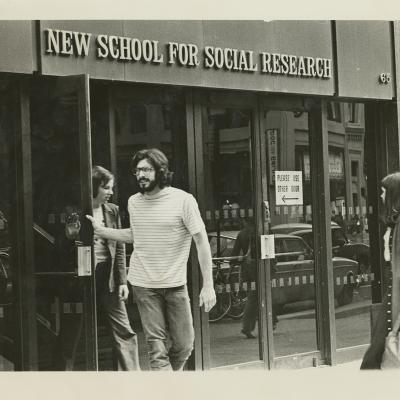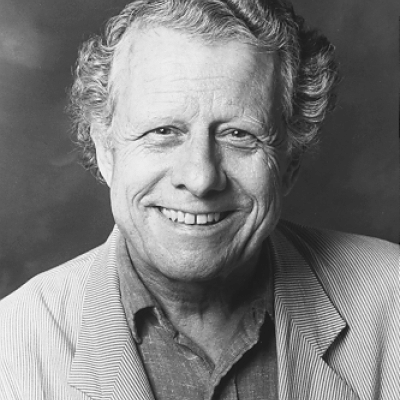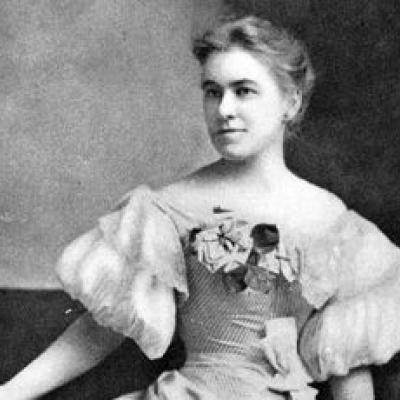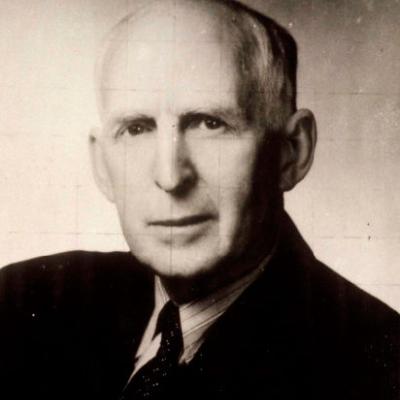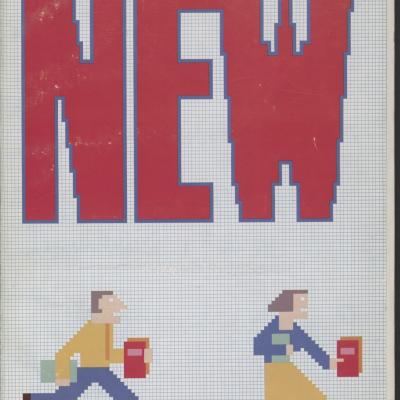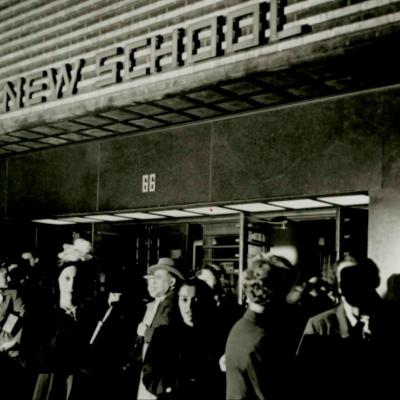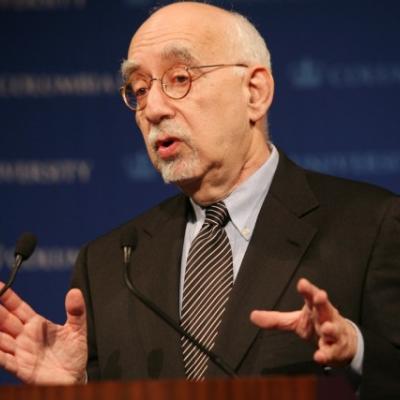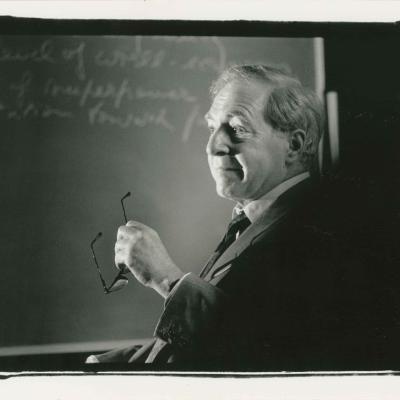Category: History
The New Look: A Brief Survey of Typefaces & Logos Used at The New School
Editor’s note: the publication date of this article reflects the date this article was added to the new version of The New School Histories website, not the original publication date.
A Statement
It has been insinuated by certain authorities of Columbia University that I resigned in a fit of unjustified petulance, and I, theretofore, beg to submit the following statement...
Perry Anderson
Perry Anderson taught sociology at the New School in the 1980s. You can read more about him here.
Eric Hobsbawm, Marxism and Social History
Eric Hobsbawm’s death last year robbed us of the last of that generation of Marxist scholars who did so much to transform the writing of history in the 1950s and 1960s—and in Hobsbawm’s case into the first decade of this century. There have been many tributes.
Eric Hobsbawm
Eric Hobsbawm was a British Marxist Historian who taught at the New School of Social Research.
If you’d like to write a more in-depth profile of Eric Hobsbawm, email us at archivist@newschool.edu. We welcome contributions.
A Nation by Design: Immigration Policy in the Fashioning of America
A nation of immigrants, to be sure, but not just any immigrants. From the moment they managed their own affairs, well before political independence, Americans were determined to select who might join them, and they have remained so ever since.
W.E.B. Du Bois
William Edward Burghardt Du Bois (February 23, 1868—August 27, 1963) was an American historian, sociologist, and civil rights activist, widely recognized for his historiography on Reconstruction, writings on black subjectivity, and involvement in the Pan-Africanist movement.
Gerda Lerner
Gerda Lerner (née Kronstein, 1920–2013) was an author, historian, and seminal figure in founding of women’s history. Lerner spent more than 50 years working to grow and define this field, also creating the first formal women’s history graduate programs.
Italian Refugee Scholars at The New School: A Collective Profile
This blog post was written in response to information gathering resulting from the visit of an international researcher. Here in the New School Archives and Special Collections, we assist researchers from around the world on a weekly and sometimes daily basis.
Tools of the Trades
In archival terms, this assemblage of objects is known as “realia”- ie. three-dimensional objects (man-made or naturally occurring) such as coins, tools, and textiles and anything else that cannot be described as a document.
Enter Squinting
As a university archivist I sometimes feel like I see almost the reverse image of what others see.
Alvin Johnson, Deliver Us from Dogma
If someone told you that students from the New School are very open-minded, that would not be surprising.
Historical Matchmaking
Being able to identify the origins and historical significance of archival materials is truly satisfying, and—dare I say it?—quite fun.
The Great Awakening
I started working in The New School Archives as an assistant on the audio collections of the school.
The Monuments Men and Thomas Hart Benton
A New School masterpiece made an unexpected showing in the movie The Monuments Men (2014). The film was about the European artworks that the Nazis scoured away in mines during World War II, hoping to gather, own, and control civilization.
The Parsons Table
The Parsons table is not a physical object but an idea, the platonic ideal of a table, characterized by a simple form, unadorned, adaptable to any material, with legs as wide as the tabletop is deep.
A New School Minute (or Two)
On Alumni Day on May 11, 2013, the Alumni Office asked twenty faculty and staff to give a 60-second lecture. Tasked with the topic of “New School History,” it was quite a challenge!
What is New is Old: A Talk on the History of The New School
Julia Foulkes gave a talk for the Greenwich Village Society for Historic Preservation on July 8, 2015, on the history of the New School. Video here.
Growing Up at The New School in the 1960s and ’70s
The adult undergraduate division—now known as the New School for Public Engagement—has always been the New School’s “first responder” to cultural trends, and in this era it both reflected the activism and enthusiasm of the 1960s and channeled radical, even potentially nihilistic impulses through
Charles Tilly
Charles Tilly taught sociology at The New School. You can read more about him here.
Emily James Smith Putnam
Emily James Smith Putnam (née Smith) was a historian, author and educator who served as the first dean of Barnard College in New York City. Born in 1865 in Canandaigua, New York, Putnam graduated from Bryn Mawr College as part of the first class of 1889.
Charles Beard
Charles Austin Beard (b. November 27, 1874–September 1, 1948) was an influential American historian, political scientist, and one of the foremost voices in progressive historiography. Beard was also a founding member of the New School for Social Research.
New School Bulletins
History of the Bachelors Program
On May 19, 1944, the Board of Regents granted the New School the ability to give bachelor’s degrees and the school aimed to attract adult students starting or finishing their degrees. The school was poised to take advantage of the recently passed G.I.
Ira Katznelson
Ira Katznelson taught politics at The New School from 1983 until 1994. You can read more about him here.
Placing Women in History: Definitions and Challenges
In the brief span of five years in which American historians have begun to develop women’s history as an independent field, they have sought to find a conceptual framework and a methodology appropriate to the task.
Woman as Slave
Historical sources on the origins of slavery of slavery are sparse, speculative and difficult to evaluate.
The Historian and Truth
History is a science. It seeks the “truth.” But science is in quest of laws; history is content with describing the particular. What kind of particular? What is in the particular?
Crisis, History and the Image of Man
In his address at the 200th convocation of the University of Chicago, June 11, 1940, President Hutchins invited American youth to reexamine the principles which make life worth living.
The Majority Finds its Past
While still an undergraduate at the New School I offered my first course in Women’s History, “Great Women in American History” in the fall of 1962.
Living in Translation
When I came to the United States in 1939 as a refugee from Hitler fascism, I had, like all refugees, a very problematic relationship with the English language. On the one hand, I wanted desperately to learn English and to speak it well.
History, Agency and Political Change
Many political scientists have turned to historical research as means of clarifying the constraints shaping contemporary political action.
An Economic Interpretation of the Constitution of the United States
The following pages are frankly fragmentary. They are designed to suggest new lines of historical research rather than to treat the subject in an exhaustive fashion. This apology is not intended as an anticipation of the criticism of reviewers, but as a confession of fact.
Aristide Zolberg
New School professor Aristide R. Zolberg, one of the world’s leading voices on the politics, history, and ethics of immigration, (…) served as Walter A. Eberstadt Professor of Politics and University in Exile Professor Emeritus at The New School for Social Research.
